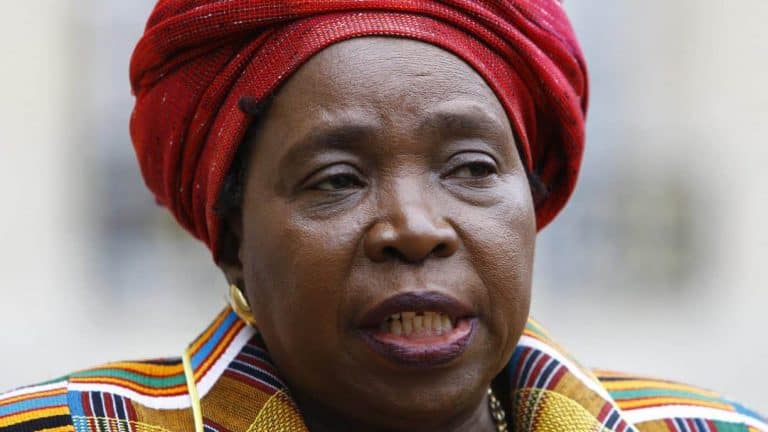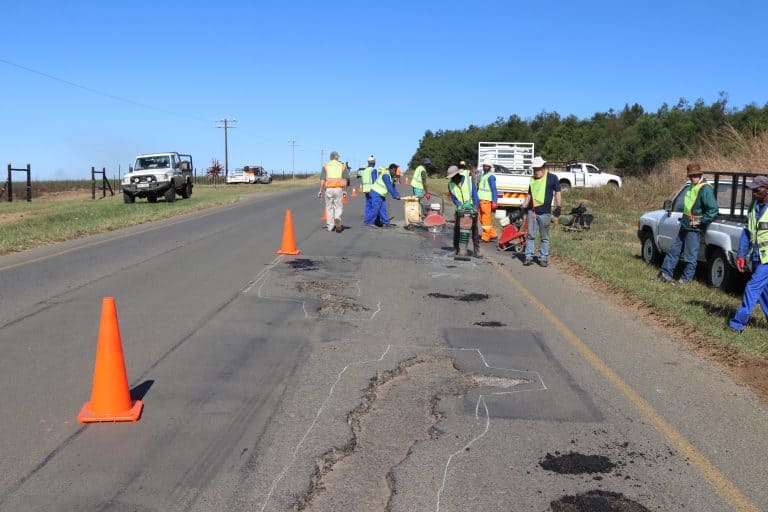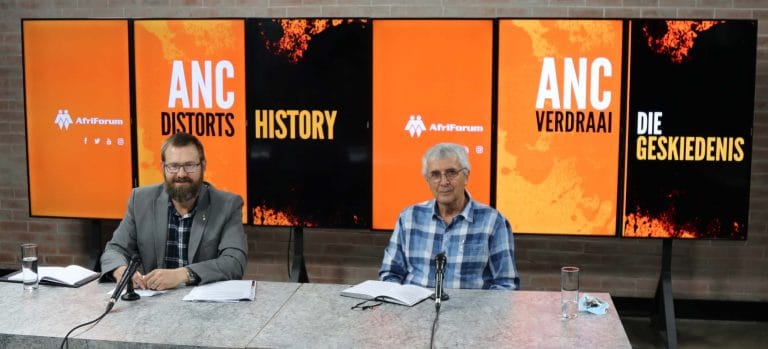AfriForum brings an urgent application regarding municipal electricity tariff hikes
NERSA probably disregards court order and legislation – AfriForum
The civil rights organisation AfriForum brought an urgent application in the High Court in Pretoria against the National Energy Regulator of South Africa (NERSA). According to this application, AfriForum wants to prevent the regulator from considering municipalities’ applications for electricity tariff increases, which must be implemented on 1 July this year, without the required cost studies. Under a High Court order of October 2022, a cost study is required as part of municipalities’ applications for tariff increases. This is also prescribed by the Electricity Regulation Act 4 of 2006.
According to Morné Mostert, Manager of Local Government Affairs at AfriForum, the use of a cost study for tariff increases is critical because it gives a clear outline of what municipalities’ tariffs must be to deliver the service properly and maintain networks. “The applications of municipalities that do not have cost studies are simply based on an estimate of what it costs to provide the service. However, applications for tariff increases must be made on accurately calculated figures that will ensure that fair tariff increases are passed on to consumers,” explains Mostert.
NERSA has in the past used guidelines based on previous years’ tariffs as well as price bands for determining municipalities’ tariff increases. However, this was banned by the High Court order of October 2022.
Despite this order mandating the use of cost studies, it appears as if NERSA disregards the order, according to Mostert. “The regulator recently sent communications to municipalities in which the use of a revenue requirement template instead of the prescribed cost study was made available for tariff increase applications,” says Mostert.
AfriForum requested NERSA in April this year to confirm whether the regulator still obliges municipalities to submit cost studies as part of the tariff increase applications. No feedback has been received on this from NERSA.
Deidré Steffens, adviser on Local Government Affairs at AfriForum, emphasises that the civil rights organisation’s application is made in the interests of consumers. “Fairness and transparency in the approval of municipal electricity rates is essential. It appears as if NERSA’s current policy and process is not being carried out in accordance with the law and is therefore being applied to the detriment of consumers – and this is what we urgently need to stop.”
“It is high time that NERSA and municipalities get their house in order. NERSA is supposed to regulate the electricity sector, but currently, it seems as though their inability to comply with legislation has an extremely negative impact on consumers,” concludes Mostert.









